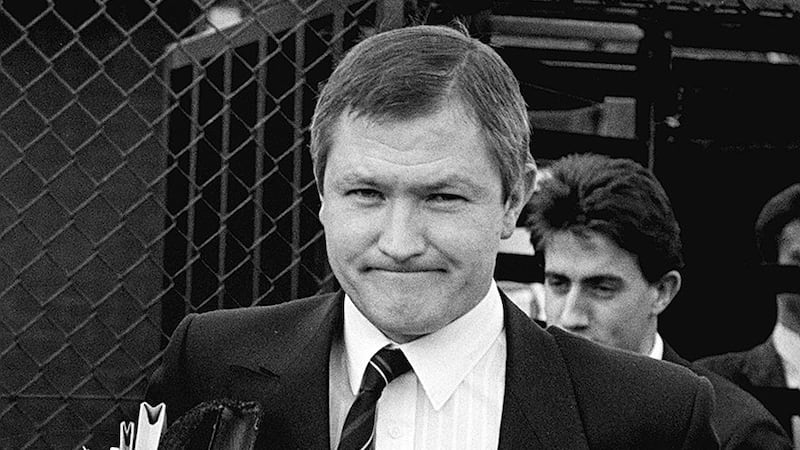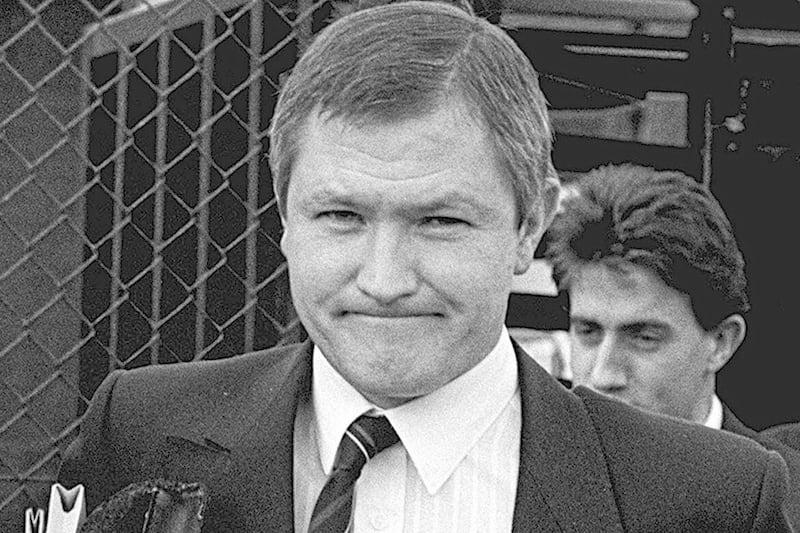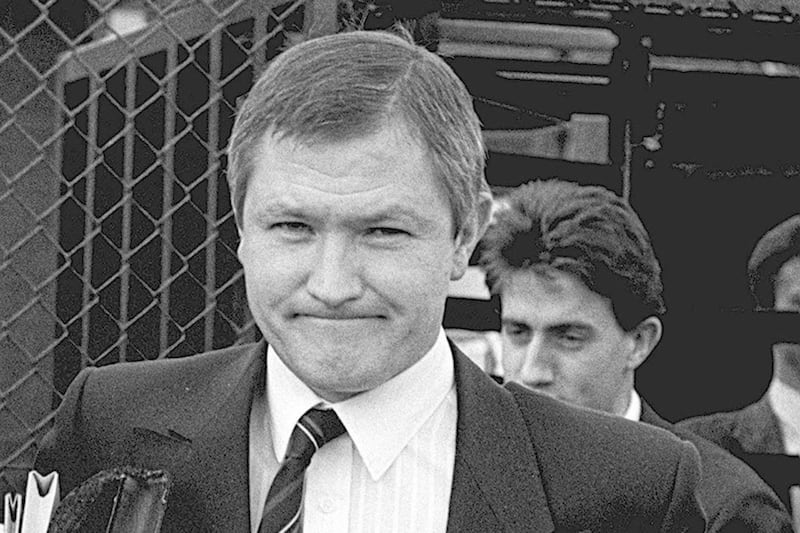REJECTING a legal challenge brought by the murdered solicitor's widow Geraldine, the senior judge told Belfast High Court that a full inquiry would be protracted, costly and could not be confined to specific narrow issues.
Mr Justice Stephens also dismissed claims that the government's controversial 2011 decision was the result of a "sham process"'.
Delivering his reserved judgment, he said: "I uphold that the decision was lawful and accordingly I dismiss that part of the challenge."
Mr Finucane (38) who represented a number of high-profile republicans, was shot dead in front of his wife and three children at their north Belfast home in February 19.
The killing, one of the most notorious of the Troubles, is shrouded in controversy over allegations that the security forces colluded with the gunmen from the outlawed UDA.
The lawyer's family have long campaigned for a full public inquiry and judicial review proceedings were heard last month.
The murdered solicitor's children were in court to hear the lengthy judgement which was read out over more than two and a half hours.
Mrs Finucane was not in court.
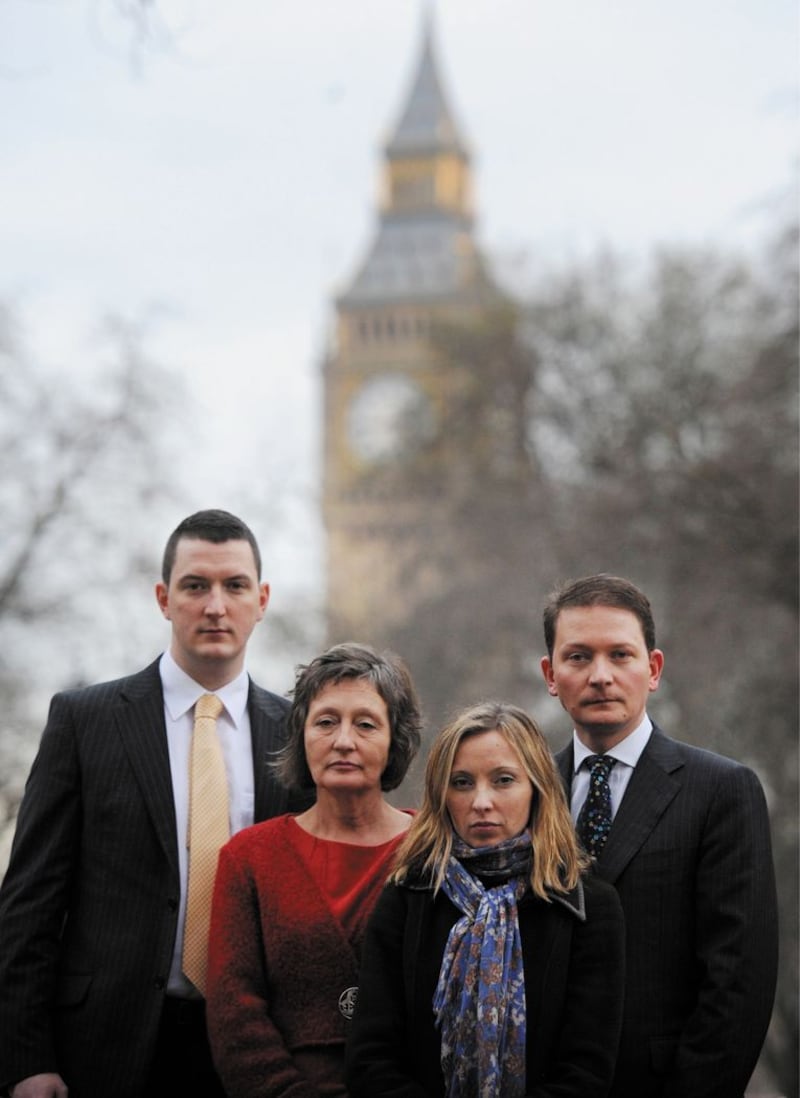
The Finucane family have led a campaign for a full public inquiry
The judge said that a public inquiry was unlikely to be confined to narrow issues surrounding Pat Finucane's murder but would become drawn into a "wide-ranging inquiry" into collusion.
The judge added: "I agree that a public inquiry would be protracted and long."
He said governments had a responsibility to control the county's finances and to respond to any change in circumstances.
Instead of proceeding with a full inquiry, Mr Cameron commissioned QC Sir Desmond de Silva to review all the existing documents relating to the case and produce a public narrative of what happened.
Sir Desmond's report detailed shocking levels of state involvement.
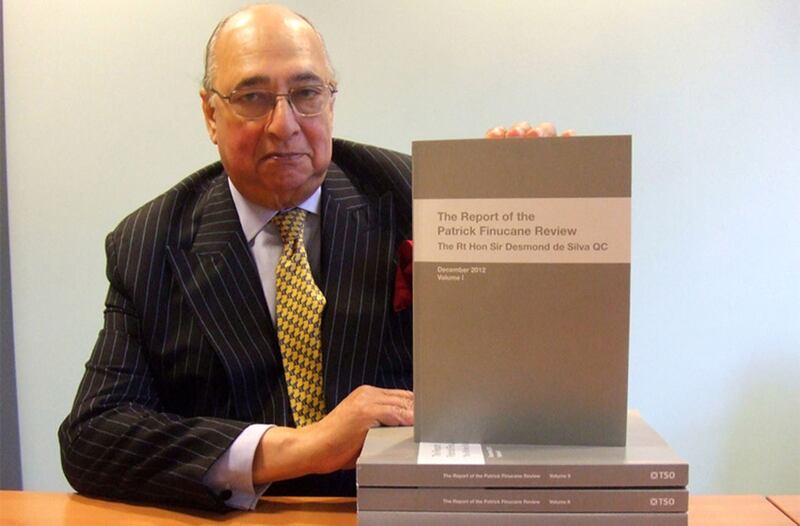
That included spreading malicious propaganda suggesting Mr Finucane was sympathetic to the IRA; one or possibly more police officers proposing him as a target to loyalists; and the mishandling of state agents inside the UDA who were involved in the murder.
While Sir Desmond found no evidence of an overarching conspiracy by the authorities to target the solicitor, he said the actions of a number of state employees had "furthered and facilitated" the shooting.
He also said there had been efforts to thwart the subsequent criminal investigation.
In December, Mr Cameron reiterated an apology to the Finucane family in the House of Commons and pledged that the Government would examine the report to identify potential lessons.
Judge Stephens said he believed government ministers had "anxiously" considered a range of factors before arriving at decision.
He said: "There is no direct evidence that the decision had been taken at earlier stages.
"There is no direct evidence of a closed mind."
The judge also acknowledged that a number of key witnesses were dead and that the most significant witness would be unable to take part in a public inquiry because of a medical condition.
Speaking outside the court Mr Finucane's son John said the family was disappointed but would not drop their campaign for justice.
